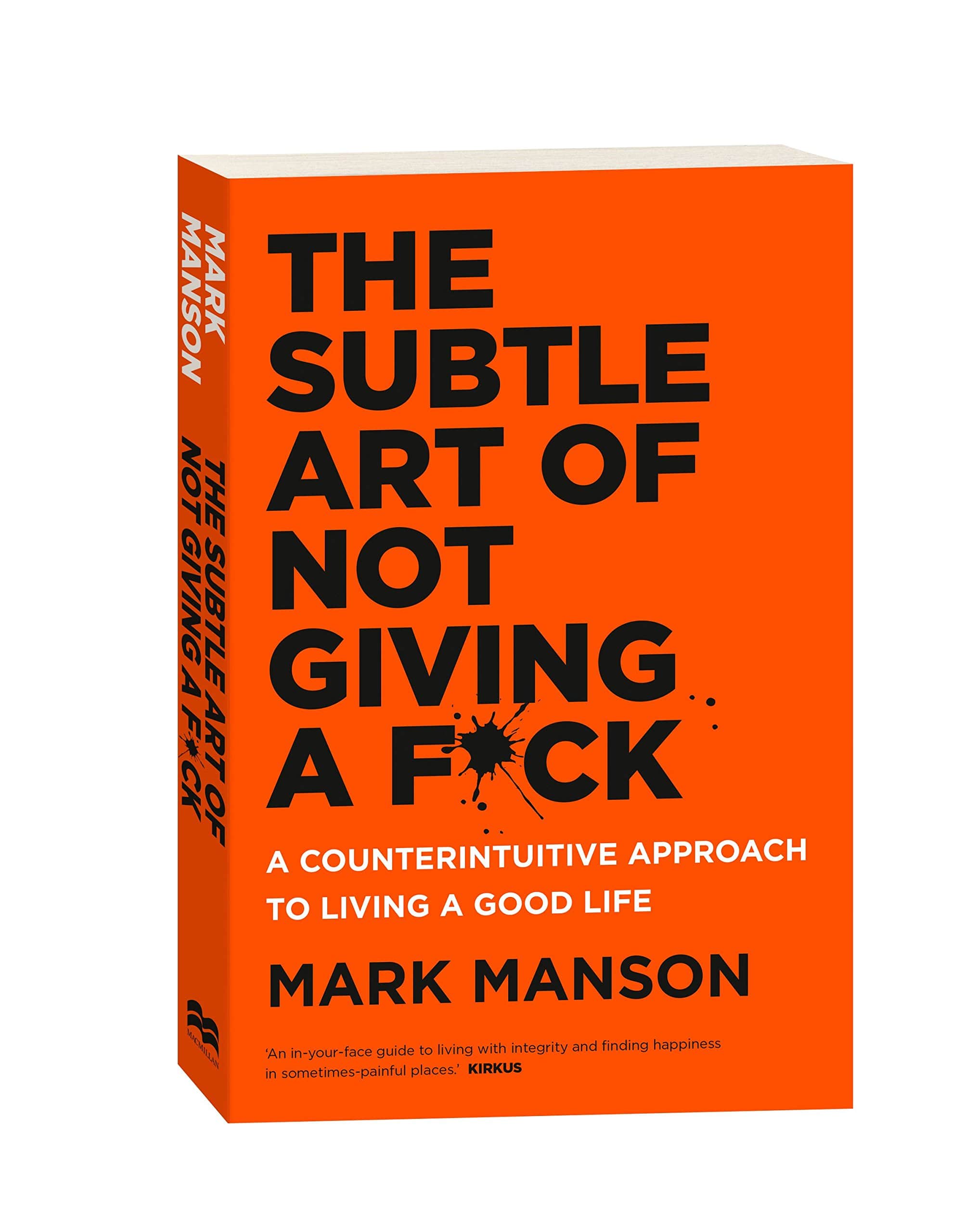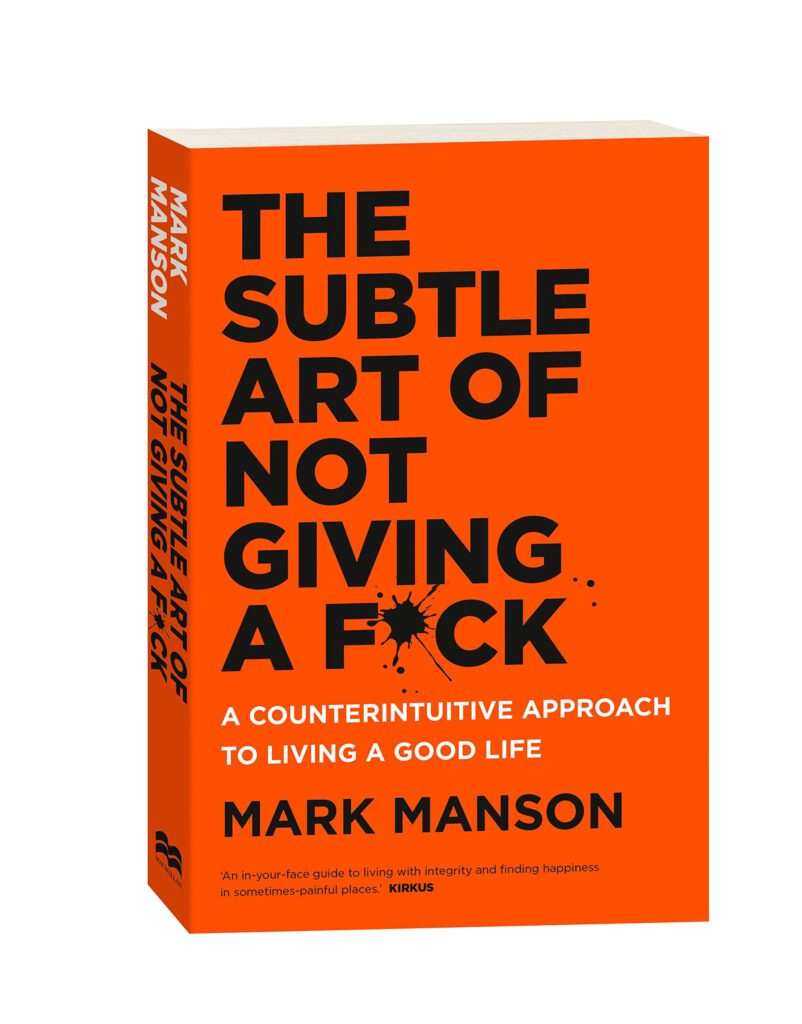Tag: Leadership
Wisdom for Teams #5

“When we are no longer able to change a situation,
we are challenged to change ourselves.”
VICTOK FRANKL (1907-1997), Austrian neurologist and psychiatrist, a Holocaust survivor, and author of “Man’s Search For Meaning“
—

Wisdom for Teams #4

“The problem is not the problem.
The way we see the problem is the problem.”
STEPHEN COVEY (1932-2012), author of The Seven Habits of Highly Effective People
—

Wisdom for Teams #3

“The person is not the problem.
The problem is the problem.”
MICHAEL WHITE (1948–2008), Australian social worker and family therapist, founder of Narrative Therapy
—

Podcast: How a Former Priest Creates Badass Teams

My good friend Francisco Mahfuz recently had me as a guest on his podcast “The Story Powers”. It was my first time, and I must say I had loads of fun. Fransisco is a great host.
Some of the topics we talk about are:
- How being a priest helps me build betters teams
- Mistakes leaders make in times of crisis
- My transition and journey from priesthood to corporate trainer
You can listen to the episode here as well as on Spotify and YouTube:
_________
_________
_________
Thanks buddy for inviting me and keep up the fantastic work!
Wisdom for Teams #1

“Certainty is the enemy of growth.”
MARK MANSON
—

The Golden Rule is Making the World Worse


—
The Golden Rule — treat others as you would like others to treat you — is well intentioned in that it asks us to extend fairness and respect to others. But the outcomes are not necessarily good.
—
The problem is that it is based on a fundamentally flawed assumption.
—
The assumption that you want what I want, that fairness and respect mean for you what they mean for me. And this is rarely true. This is particularly relevant given the evils caused by the racism and the violence we’re seeing these days.
It is so easy to fall into the trap of assuming my way is the right way, and then to treat others as I think I should, without taking into account what they want. This is dangerous because it can make them feel disrespected and I might end up resenting the fact that they are being unappreciative of my efforts.
And we don’t have to go halfway across the world to make a difference. This applies to how we treat people at work, at home, on the streets, and in social media. Lest we come across as jerks, we want to be careful NOT to treat others like we would like them to treat us, unless we’re sure that is what they really want.
—
Never assume you know what others want. The alternative is to practice empathy.
—
The golden art of putting ourselves in their shoes to figure out how they would like to be treated. And we will probably be surprised by how much that can differ from what we expected to be appropriate.
If we are going to build a more fair, generous and compassionate world, we’re going to need a better rule. Here’s an iteration:
—
THE GOLDEN RULE 2.0
Treat others as THEY would like to be treated.
—
#BlackLivesMatter
Satisfaction at Work These Days?


—
How much satisfaction are you getting at “work” these days? For me it’s like a rollercoaster: ups and downs, much more than I’d typically welcome.
Recently I participated in a Zoom Panel on Wellbeing and Happiness in The Workplace, organised by Systemic Coach and Communication Trainer, Jelena Vetockina. Here is the audio of my interventions about things we can do to be well in this time (see the full interview here).
—
What does it mean to be resilient and how can we be better at it?
—
On the concept of being “emotionally fit”:
—
What do leaders want to be doing in this time of uncertainty?
—
Hands-on techniques to deal with conflict:
—
What is your Team Diagnostic about?
—
Hope this has been helpful and I’m open to continue the conversation with you about what your team is going through or what your are experiencing at work in this time.
You can reach me at t@tobiasrodrigues.com
Be. A message for leaders in confinement.

13 public speakers, members of keynoteboutique.com, join rhetorical forces to bring you a comforting message in these challenging times.
—–
—
Music by Alexander Nakarada | https://www.serpentsoundstudios.com
Six Rookie Mistakes When Leading Remote Teams


—
When there’s a sea storm, captains are called upon to reassure their crew, so that together they keep the ship safe enough to move in the right direction.
The Coronavirus storm has forced teams — without warning and without delay — to work from home in improvised office spaces, fighting to focus on work while juggling several other responsibilities and concerns at the same time.
If remote working poses a challenge in and of itself, all the more so in crisis conditions, where uncertainty and confusion make the load all the heavier.
Since 2011, I’ve been helping organizations — in good and bad times — build teams, many of which with some or all their members working remotely, often in different time zones.
Here are six mistakes you want to avoid (and six recommendations) when leading teams remotely, especially in crisis conditions.
—
Mistake #1: Believe it is (almost) business as usual
—
A new paradigm is emerging, as tends to happen in crisis. And with it, new challenges are thrown at your team. It would be a mistake not to stop and fully appreciate the nature of the challenges you and your team are now facing.
It’s a mistake to think this is only about keeping things going a bit longer before it’s over. It’s a new problem. Face it with your team.
—
RECOMMENDATION: Do a diagnosis
Imagine you are Dr. House. If the challenge you now face is an illness, what would you call it?
—
Mistake #2: To execute without a roadmap
—
In a crisis it is easy for teams to get disoriented, especially if they are forced in a rush to work remotely. You might have a sense of what comes next, but the team most likely has no f**king idea.
It is a mistake to ask teams to continue moving forward without a new road map that shows this is where we are, this is where we are going, and most importantly, this is why we’re going. I wonder what Nietzsche was thinking when he said: “He who has a why to live for can bear almost any how.” 😉
—
RECOMMENDATION: Give them context and relevance
Explain to the team how their work fits in the larger picture, and why their contribution really matters.
—
Mistake #3: Fail to clarify new expectations
—
New problems require new behaviours. It it especially important that we define deliverables and ownership so that everyone knows who does what and who is responsible for making sure it gets done.
—
RECOMMENDATION: Tell them what they CAN’T screw up
New problems require exploration, which can lead to failure. It is crucial you specify what bits you expect the team to do absolutely right, the bits where failure is not an option.
—
Mistake #4: Make it a one-way road
—
If feedback is important, now it is more than ever. It’s a rookie’s mistake to fail to create NEW channels for feedback. Unless you ask, you will not know the struggles and suggestions your team has.
—
RECOMMENDATION: Tell them it’s NOT ok to stay stuck and silent
Send out questions before meetings, and ask everyone to come prepared to share.
—
Mistake #5: Neglect positive feedback
—
Humans need feedback to grow, which makes giving feedback the gift of growth: constructive feedback gives us the path for growth, and positive feedback gives us the energy to grow.
In times of crisis, teams need tons of positive feedback — the energy — to get through challenges. Forgetting to give positive feedback is a silly mistake.
—
RECOMMENDATION: Double down on positive feedback
Give twice as much positive feedback and show twice as much appreciation. Start with positive feedback. End with positive feedback. Transition with positive feedback. And ask the whole team to give… POSITIVE FEEDBACK.
—
Mistake #6: Undervalue repetition
—
The Romans believed that “repetitio est mater studiorum”, that repetition is the mother of learning. When working remotely, technical issues can make getting information across difficult.
Moreover, when remote work is being improvised moment by moment and under great uncertainty, tension is generated, which makes getting information across even more difficult.
Hence the need to repeat, repeat, repeat.
—
RECOMMENDATION: Sound like a broken record
Say it at the beginning. Repeat in the middle. Ask them to say it. And say again at the end.
Feedback Part I: How to Make Stronger Statements

Humans need feedback to grow, which make giving feedback the gift of growth. While positive feedback gives us the energy to grow, constructive feedback — when done well — shows us the path for growth, that is, what we can improve and how.
This series focusses on how we can make our constructive feedback more effective.
Here in part I, I share three ways to make our statements stick when giving constructive criticism.
What techniques do you use to make your statements clearer?
—

